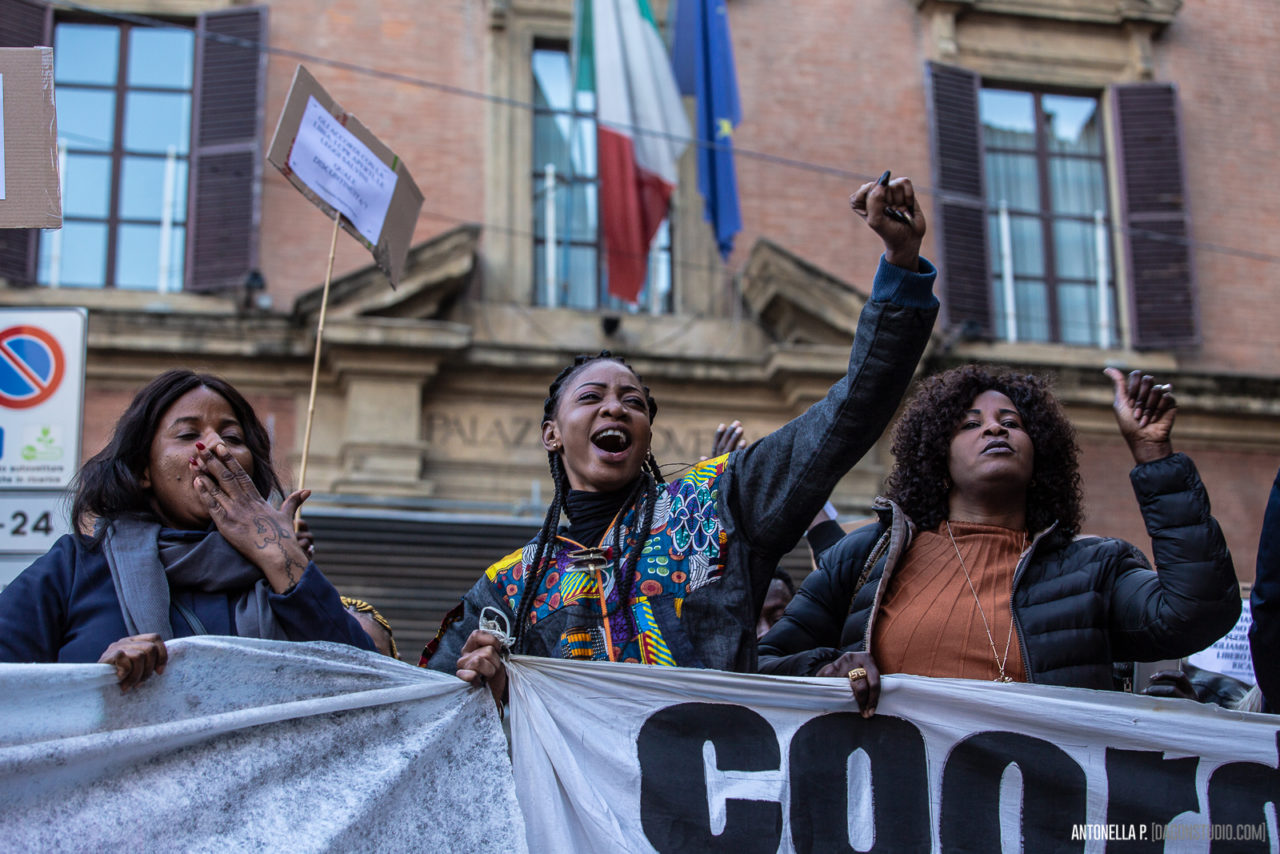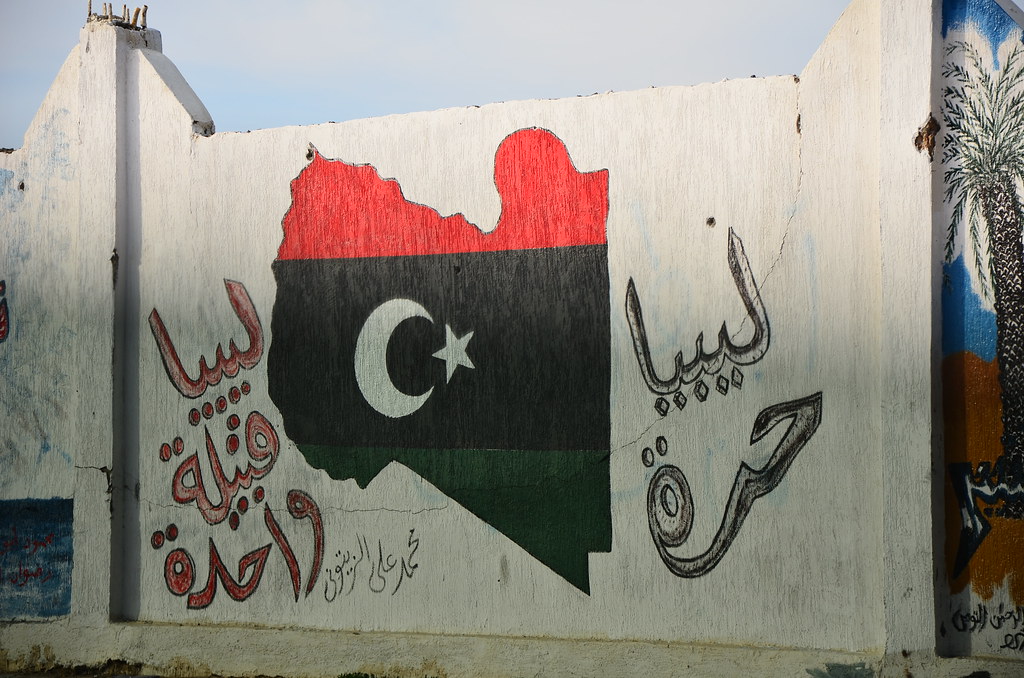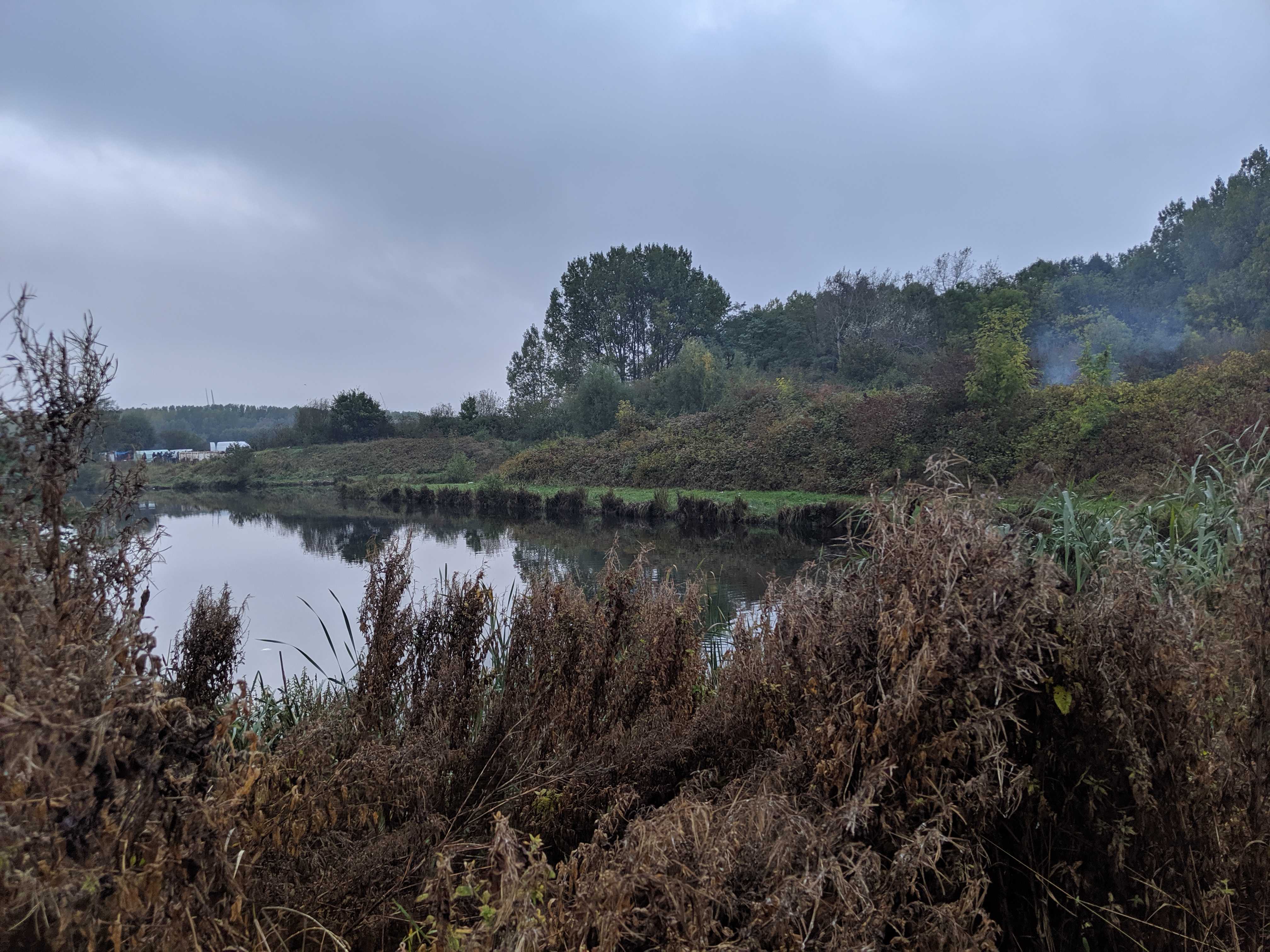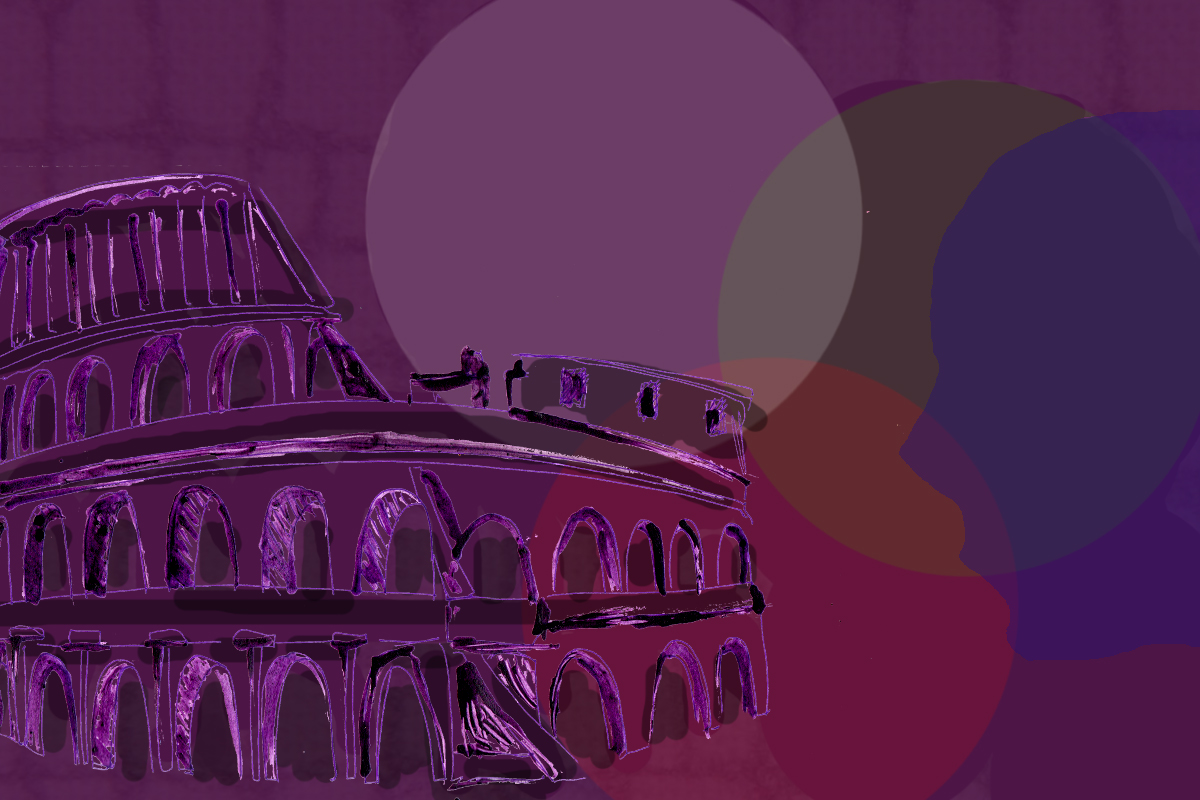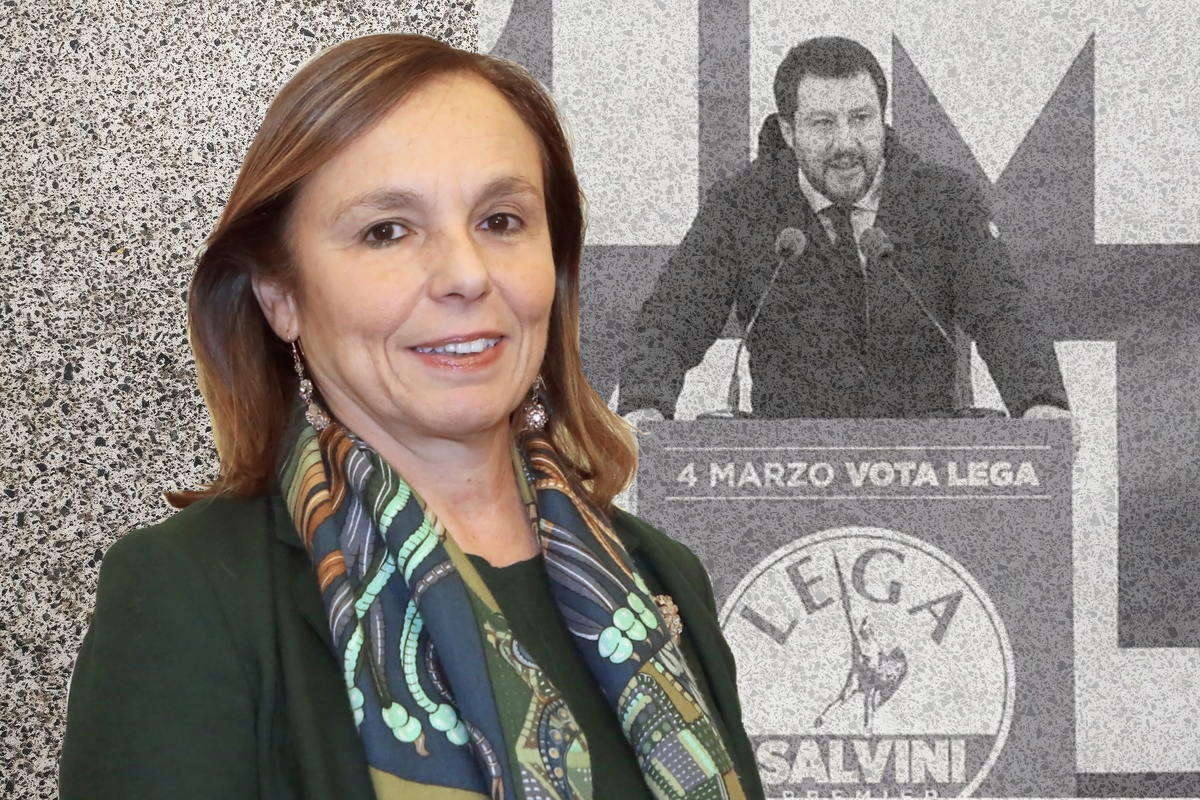
Can Italy’s new security minister flip the script on racist immigration policy?
Nadeesha Uyangoda
26 Sep 2019
Italy’s new Interior Minister Luciana Lamorgese; her predecessor Matteo Salvini. Composite images via Wikimedia Commons/Ministero dell’Interno/Lega Salvini Premier
Earlier this month, when Italian Prime Minister Giuseppe Conte announced his new cabinet, almost every newspaper noted that the new Interior Minister Luciana Lamorgese has no social media accounts. This is worth noting, considering that the outgoing Minister Matteo Salvini was a fanatic social media user. I wondered: could this mark a new era for Italy’s immigration policy, led by a more thoughtful, less populist minister? Later that day a friend laconically posted on Facebook bringing me back to earth, “Let’s not forget that Minniti wasn’t on social media as well”.
Her comment refers to former Interior Minister Marco Minniti, who quietly orchestrated the Italy-Libya migration pact back in 2017. The pact instructed the Libyan coast guard to intercept boats carrying migrants, with the stated purpose of stopping human smugglers and traffickers. The numbers of people travelling the Libya-Italy route fell in response to the pact, but deaths on the Mediterranean route soared, according to UNHCR. The agreement was highly criticised by the UN Refugee Agency, which described the process of people fleeing Libya back to detention centres in Libya as “inhuman”.
“Luciana is inheriting a pretty horrific portfolio of policy and legislation”
Luciana is inheriting a pretty horrific portfolio of policy and legislation. The Salvini Decree, the security decree drafted by Italy’s previous Interior Minister, has dramatically changed Italian immigration law. Salvini removed the category of “humanitarian protection” for asylum seekers, introduced new methods of granting and removing Italian citizenship, closed Italian ports to NGO search and rescue boats, and toughened the rules around repatriation.
The Salvini decree also permits the seizure of NGO rescue boats and fines for vessels that bring migrants to Italy without permission. In the last 12 months, Salvini has been campaigning to stop what he calls a “migrants invasion”, despite the fact that the number of people trying to cross the Mediterranean has dropped significantly in the last two years, according to UNHCR. In June 2019, Carola Rackete, the captain of rescue boat Sea-Watch 3 ended up under investigation for helping people cross the Mediterranean Sea. Carola was arrested for breaking Italy’s strengthened laws against non-government rescue ships. “My life was easy…I am white, German, born in a rich country and with the right passport” Carola wrote, when asked for comment from Reuters. “I felt a moral obligation to help those who did not have the same opportunities as me”. Eventually, she was cleared of all charges and released from house arrest.
Since Salvini took oath of office, a dozen captains have been placed under investigation. Last week Italian authorities fined rescue vessel Mare Jonio — which saved more than 100 people, including 22 children — €300,000 for violating Salvini’s Security Degree “Bis”, and the ship was seized by the finance police. On Tuesday, prosecutors in the Sicilian town of Ragusa placed the captain and the mission chief of an NGO rescue ship called Eleonore — which rescued 104 migrants — under investigation on suspicion of enabling so-called “illegal immigration”. German Captain Claus-Peter Reisch decided to enter Italian waters after eight days, docking in the coastal town of Pozzallo in defiance of the authorities because of storms and a state of emergency onboard.
“Rumors say she will adopt a lower profile than Salvini and his Twitter outbursts, working closer with the EU on a migration law that goes beyond the rhetoric of emergency”
The question now is: can Luciana steer Italy’s immigration policies in a new, humanitarian direction? Salvini’s replacement is a lawyer, with no political affiliation. What stands out about her is that, in stark contrast to her predecessor, Luciana is a migration policy expert. She was head of cabinet at the Ministry of the Interior alongside previous ministers Angelino Alfano and Marco Minniti. A career civil servant, Luciana was the first woman to hold the role of Milan’s governmental representative. Rumors say she will adopt a lower profile than Salvini and his Twitter outbursts, working closer with the EU on a migration law that goes beyond the rhetoric of emergency. One of the priorities on her agenda is a think tank with other Mediterranean countries to change European Immigration Policy. The 4-country migration pact she recently succeeded in sealing with Malta, France and Germany could be considered a first step towards that end.
Activists and refugees aid groups read Lamorgese’s appointment as a sign that Italian immigration policy is about to change. Will she break with the past? After Salvini’s period in office, there is a sense that any steps away from his hard-line anti-migrant approach is a move in the right direction. Whether Luciana can effect enough change in enough time to prevent thousands more deaths in the sea remains to be seen.


